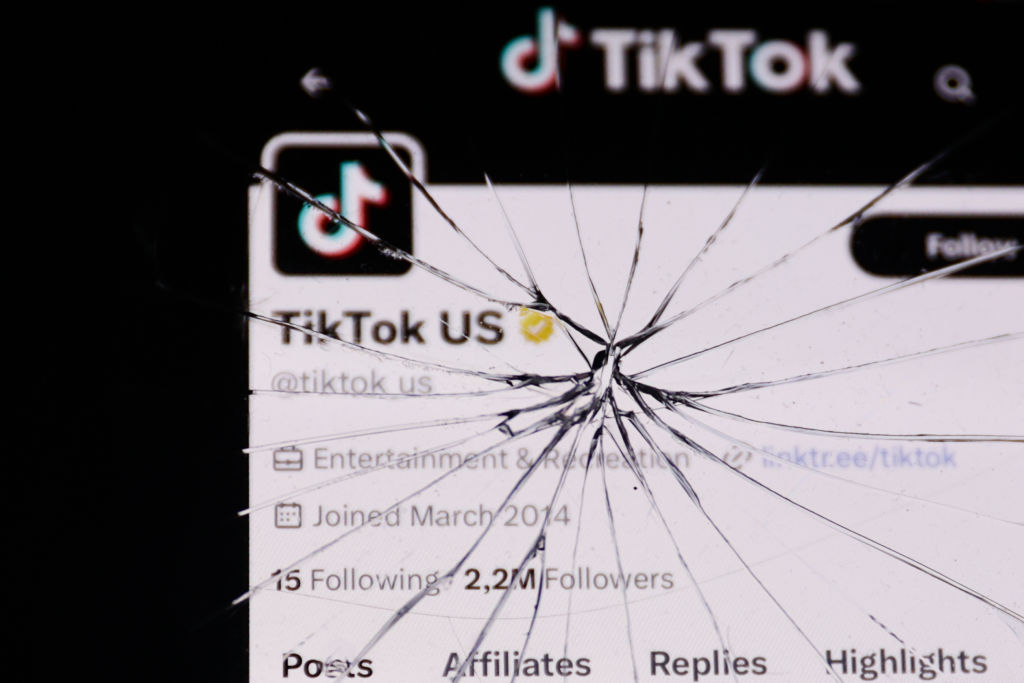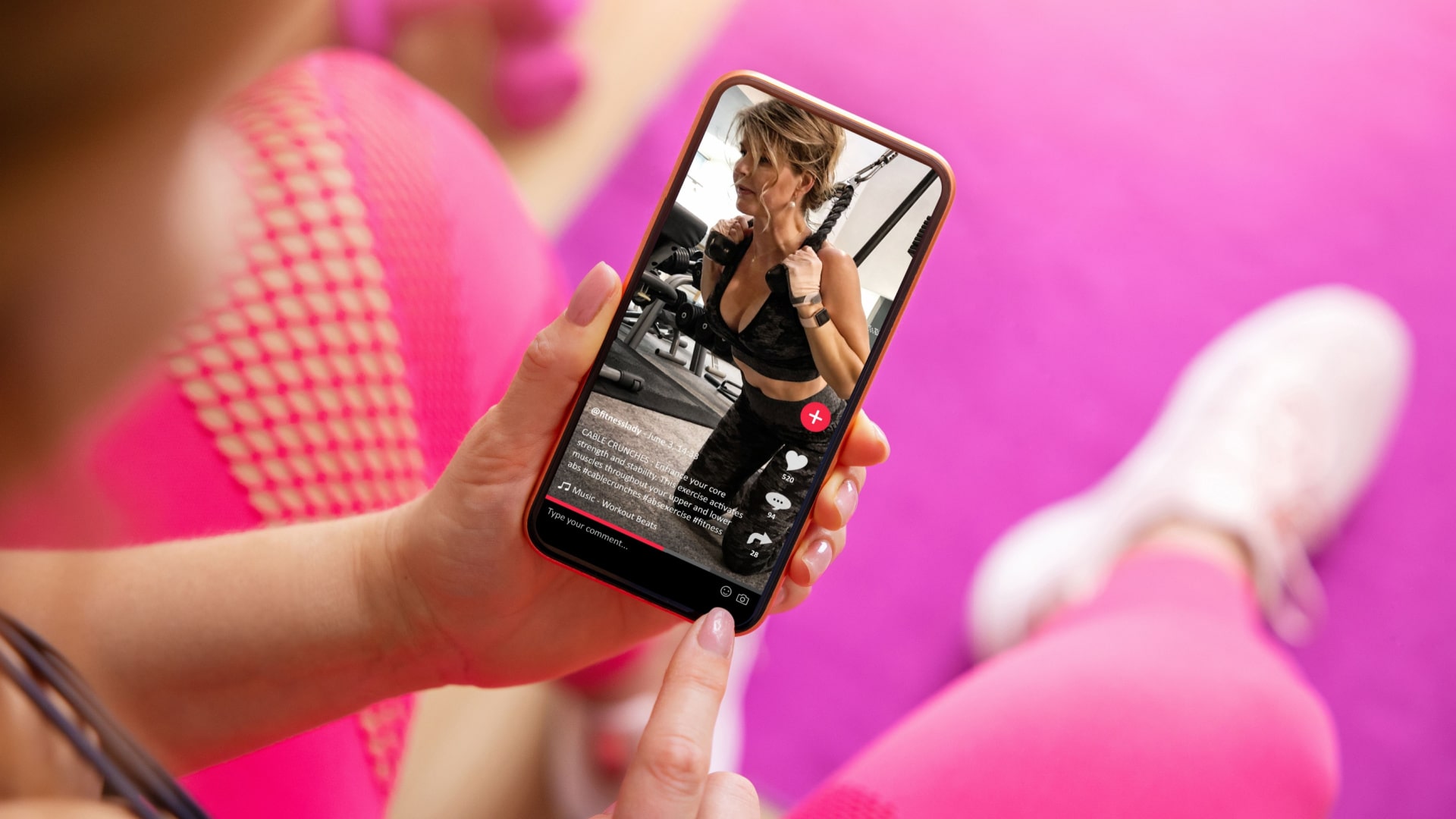- The Marketer's Playbook
- Posts
- 📰 Amazon Unveils Their Cookieless Attribution Solution
📰 Amazon Unveils Their Cookieless Attribution Solution
Big news from all the big players.
In today’s edition:
TikTok’s Battle For The US Continues
Amazon’s Cookieless Attribution Solution
A Less Cluttered Google Search?
& More. But first, a word from today’s sponsor 👇
Get an Exclusive Email Audit Worth $499 for FREE!
Get a free email audit from the best email marketers in the business. Audit will cover:
Revenue Improvement Report
In-Depth Email Marketing Strategy Review
Technical Email Suggestions
Actionable To Dos

TIKTOK FIGHTS BACK
TikTok has filed a lawsuit against the U.S. government, challenging a new law that requires its parent company, ByteDance, to divest its ownership or face a ban. TikTok argues that the law violates the First Amendment by restricting freedom of expression and the Fifth Amendment by denying due process. The suit also contends that the forced divestment is a de facto ban and unconstitutional, given that they claim “Divestment is not ‘commercially, technologically, or legally feasible.’”. Further, the filing says, “The Chinese government has made clear that it would not permit a divestment of the recommendation engine that is key to the success of TikTok in the United States.” - effectively vetoing the option of divesting. Given the significant questions this case raises about balancing national security concerns with free speech rights, it will likely reach the Supreme Court.
AMAZON ROLLS OUT ITS ATTRIBUTION SOLUTION
Amazon has rolled out Signal IQ, a cutting-edge tool designed to boost the effectiveness of third-party ad identifiers and enhance data signal quality for publishers. Using A/B testing, Signal IQ provides insights into how well these signals perform, helping publishers improve audience targeting in an era where privacy concerns and the decline of traditional cookies are producing confusion and grey areas. This tool is part of Amazon Publisher Services' broader initiative to offer publishers better control, improved measurement, and greater access to ad buyers. These efforts are a key component of Amazon's strategy to grow its advertising business, which has seen substantial revenue increases and is projected to continue its rapid growth. Bold claims or a valid solution? Time will tell. Check out AdAge’s article below for more info.
MUCH LONGER TIKTOKS COMING SOON?
TikTok is testing a new feature allowing 60-minute video uploads aimed at giving creators more flexibility for long-form content such as tutorials, educational lessons, and comedic sketches. This feature, currently available to a limited number of users in select markets, could enhance TikTok’s potential for hosting branded video content and possibly increase pre- and mid-roll advertising opportunities. The platform previously extended video lengths to 30 minutes in January and has gradually increased limits since its inception, reflecting a trend towards accommodating longer content. Are they attempting to become the vertical-first YouTube? Not sure what the end goal here is, but you can learn more about this test on SearchEngineLand below.
YOUTUBE ENTERS THE SOCIAL COMMERCE RING
YouTube Shopping has announced an official integration with Shopify, allowing brands and influencers on Advanced and Plus plans to offer native checkout within YouTube using Shop Pay. The YouTube Affiliate Marketplace enables affiliates to promote products directly in videos. Shopify handles transactions, allowing brands to retain customer ownership. This integration aims to boost consumer engagement, with over 30 billion hours of shopping content viewed on YouTube in 2023. It enhances direct response and attribution, creating a closed loop for impressions and conversions and solidifying the role of affiliate influencers in social commerce. To learn more, including a clip from the announcement itself, check out Jonathan Snow’s post on LinkedIn below.
NETFLIX BEEFS UP ITS SELF-SERVE PLATFORM
Netflix's recent upfront presentation unveiled its in-house advertising-technology platform and new partnerships with demand-side and supply-side platforms, including the Trade Desk, Google's Display & Video 360, and Magnite, allowing for greater programmatic ad purchases. They also expanded their measurement partners to include a number of new vendors, including Affinity Solutions, DoubleVerify, EDO Inc, and more. The "Basic with Ads" tier now has 40 million global monthly active users, with 40% of new sign-ups in ad-supported markets, which demonstrates significant opportunity for reaching new audiences. For more details, check out Marketingdive’s article below.
GOOGLE OFFERS A LESS CLUTTERED SEARCH
In an interesting move, Google has introduced a "Web" filter that shows only text-based links, similar to existing filters for images or videos. This filter appears at the top of the results page or under the "More" option and is rolling out globally. It caters to users seeking longer-form text results with less ad clutter. On mobile, all filters, including the new Web filter, are shown without needing to access "More."
We’ve launched a new “Web” filter that shows only text-based links, just like you might filter to show other types of results, such as images or videos. The filter appears on the top of the results page alongside other filters or as part of the “More” option, rolling out today… x.com/i/web/status/1…
— Google SearchLiaison (@searchliaison)
8:07 PM • May 14, 2024
I believe that this introduction comes as many users continue to share concerns over the AI and ad-ification of search results. Credit to Ben Kruger for the image below, which is a great example of how search results have begun to take a backseat on a search engine — ironic, isn’t it? This addition is nice and all, but it needs to be made the default for it to really matter. I doubt people are going to be looking for this under the “More'“ dropdown.


Content collaboration has never been this easy
Navigating the fast-paced agency world is always a hassle when it comes to efficiency and scaling. That’s why you need the right platform to speed up all your processes.
And Planable is the content collaboration tool that makes teamwork a breeze. You can create, plan, review, and approve all your clients’ content in one place: social media, blogs, newsletters, press releases, briefs — you name it! One workspace for each client.
Content marketing should be about creating impact, not getting lost in a labyrinth of tools, tabs, and spreadsheets. That’s why you can now explore your data at ease with our analytics features and create beautiful reports for your clients.
Because we love organized content. And so do you. More time, more clients.

Before we continue, a moment of silence for Kabosu, also known as doge, who passed away this week. RIP to one of the greats.
GA4 GOES REALTIME: It’s about time! GA4 has updated to now show active users in the last 5 minutes, compared to the previous 30 minute limit.
FAREWELL WORKPLACE: Meta is officially discontinuing its Workplace enterprise communication platform, citing a strategic shift towards AI and the Metaverse.
GOOGLE’S AI SEARCH IS BAD: Check out this TikTok showcasing some great examples of why so many people are upset with Google’s new GenerativeAI search response program.
ENGAGEMENT RULES ON IG: According to Adam Mosseri, IG’s chief, revealed that share rates are the most important metric for hitting the algo. It’s slightly confusing, so check out the link for his full description.
YOUTUBE QR CODES: YouTube is introducing advertiser-branded QR codes that can be displayed alongside video ads.
PINTEREST CERTIFICATION: Pinterest unveils its brand new media buyer certification program. Go get certified!
SCARJO VS OPENAI: Slightly unrelated, but ChatGPT’s newest version has a voice feature that sounds oddly similar to Scarlett Johansson, and she doesn’t like it.
PRIMARK REBRANDS: Primark recently underwent a slight rebrand and I quite like it.
DENTSU’S DOWNLOAD: Dentsu just published their foresight guide into culture, technology, and consumer behaviour over the next decade.

BUMBLE — MISTAKES HAPPEN
Did you see Bumble’s fumbled OOH campaign? I’m sure you did. If you didn’t, here’s what it looked like. Yeah, yikes.



News is that Bumble is removing its controversial billboards that discouraged celibacy following backlash. The billboards, part of a campaign intended to add humour to dating frustrations, were criticized for shaming those who choose celibacy for various reasons. In response, Bumble issued an apology, called the campaign a "mistake," and pledged to donate to the National Domestic Violence Hotline and other supportive organizations. The company will also repurpose the ad spaces to support women and marginalized communities. It feels like an appropriate response, though one that comes after a reasonably unconsidered campaign that surely received full buy-in from the company. A little foresight would have gone a long way, but at least organizations in need are now benefiting.
BURGER KING — ACTUAL SIZE
Burger King’s latest OOH campaign is fantastic. There is no need to explain this one too deeply, as it explains itself. It’s fun, obvious yet creative, and accompanied by a great promo video, which can be found in the AdAge link below.

SAMSUNG — FAILED CLAP BACK
Samsung recently released their clapback at Apple, as a response the failed Apple ad campaign showing the destruction of creative supplies in promotion of the new iPad. The problem is, in my opinion, that they also missed the mark. The fake staging here feels so disingenuous when there are literally countless real-world videos of soldiers playing discovered pianos and guitars in real warzones that are happening right now. The ad generally feels pointless, just hopping on the bandwagon of hating Apple without saying anything at all. I do not like these kinds of ad campaigns.

The Marketer’s Playbook is a free newsletter, but it requires a significant amount of effort to produce each week. If you’d like to show your support, consider buying me a coffee. It would mean a lot.











Reply